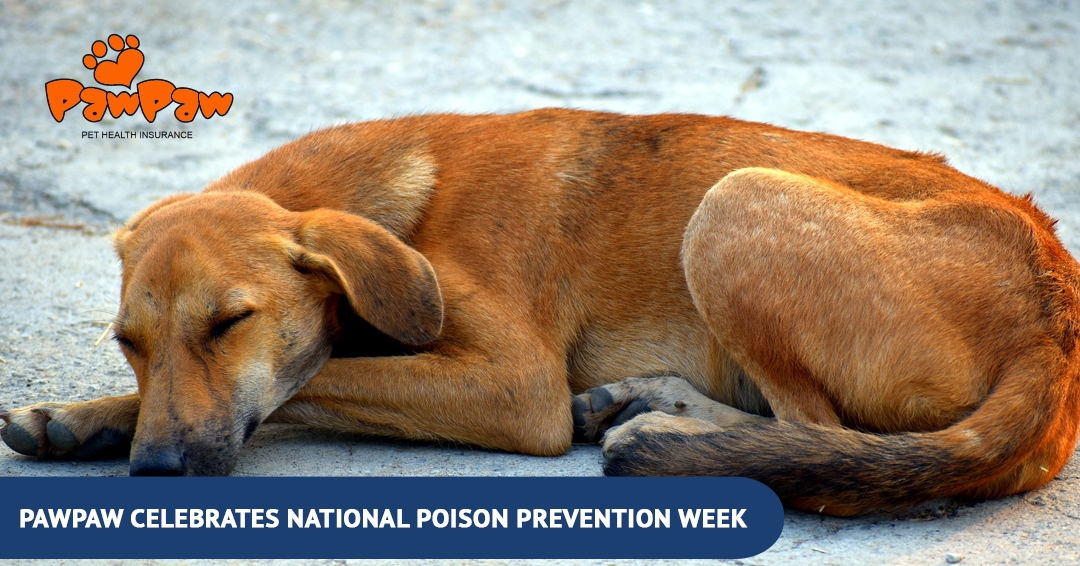Dog poison No. 1: Prescription medications for people. Drugs that might be beneficial or even lifesaving for people can have the opposite effect in pets. And it doesn’t always take a large dose to do major damage.
Some of the most common and harmful medications that poison dogs include:
Prescription anti-inflammatory and pain medications can cause stomach and intestinal ulcers or kidney failure.
Antidepressants can cause vomiting and, in more serious instances, serotonin syndrome — a dangerous condition that raises temperature, heart rate, and blood pressure, and may cause seizures.
Blood pressure medications.
Dog poison No. 2: Insecticides.
Flea and tick products. You may think you’re doing your dog a favor when you apply products marketed to fight fleas and ticks, but thousands of animals are unintentionally poisoned by these products every year. Problems can occur if dogs accidentally ingest these products or if small dogs receive excessive amounts. Talk to your vet about safe OTC products.
Dog poison No. 3: Over-the-counter medications. This group contains acetaminophen (Tylenol), ibuprofen and naproxen (Advil, Alleve), as well as herbal and nutraceutical products (fish oil, joint supplements).
Dog poison No. 4: Pet medications. Just as we can be sickened or killed by medications intended to help us, cases of pet poisoning by veterinary drugs are not uncommon. Some of the more commonly reported problem medications include painkillers and de-wormers.
Dog poison No. 5: Household products, from cleaners to fire logs. Just as cleaners like bleach can poison people, they are also a leading cause of pet poisoning, resulting in stomach and respiratory tract problems. Not surprisingly, chemicals contained in antifreeze, paint thinner, and chemicals for pools also can act as dog poison. The pet poisoning symptoms they may produce include stomach upset, depression, chemical burns, renal failure and death.
Source: https://bit.ly/2EIfft4

